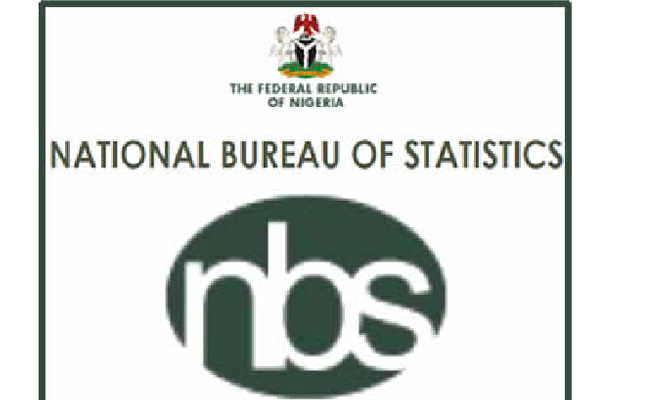By Philip Clement
Following inflation increase by 14.23 per cent, year-on-year, in October 2020, a renowned economist, Prof. Uche Uwaleke has said that the prolonged border closure and insecurity has triggered inflation prices across the country.
The National Bureau of Statistics (NBS) on Monday said that the Consumer Price Index, (CPI) which measures inflation rose by 0.52 per cent points higher than the 13. 71 per cent recorded in September 2020.
NBS in its latest report said, “increases were recorded in all COICOP divisions that yielded the Headline index. On a month-on-month basis, the Headline index increased by 1.54 per cent in October 2020, this is 0.06 per cent rate higher than the rate recorded in September 2020.
Commenting on this development, Uwaleke explained that the effect of COVID’19 on the economy still lingering especially from supply chain disruptions.
According to him, contributory factors include continuous border closure, the increase in VAT and implementation of stamp duty as well as the high exchange rate especially in the parallel market.
“The increase in the pump price of fuel also contributed because according to the NBS, a major cause of core inflation came from increase in transport cost.
“It is of concern that food inflation is over 17 per cent and has remained the major driver of inflation even during this harvest season when expectations ordinarily should point to a downward trend.
“Food inflation in October was highest in Edo, Kogi and Zamfara and may not be unconnected with insecurity in these parts of the country,” he said.
He, therefore, noted that since food inflation is the major challenge, it is obviously a supply issue and has gone beyond what the CBN monetary policy can control. Advising the authorities, he said.
“The government should focus on increasing food production by aggressively implementing the massive agricultural programme contained in the Economic Sustainability Plan” The Daily Times reports that the National Bureau of Statistics (NBS) report on consumer price index, which measures inflation, had hit 14.23 per cent in October.
READ ALSO: Despite Covid-19 disruptions, Nigeria’s banking sector remains stable – Emefiele
The inflation rate had climbed by 0.52 percentage points which is the highest recorded since July 2016 when the inflation rate increased by 0.65 percentage points. Inflation measures the rate at which the prices of goods and services increase over a period of time.
This bureau said the rise in the food index was caused by increases in prices of bread and cereals, potatoes, yam and other tubers, meat, fish, fruits, vegetable, alcoholic and food beverages and oils and fats.








Leave a Comment
You must be logged in to post a comment.